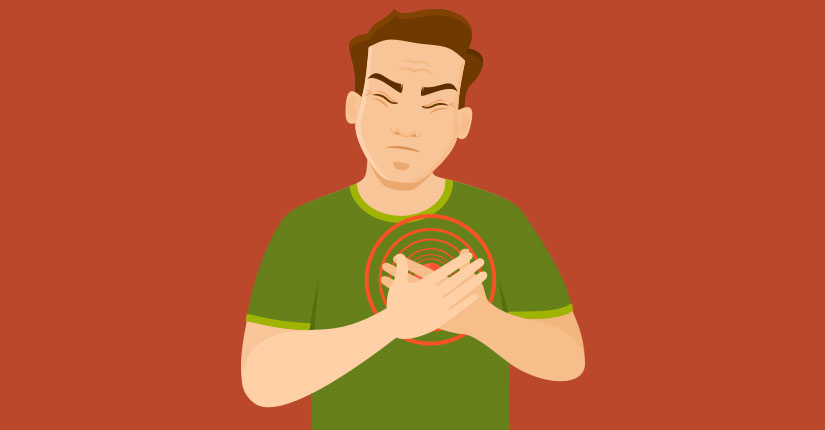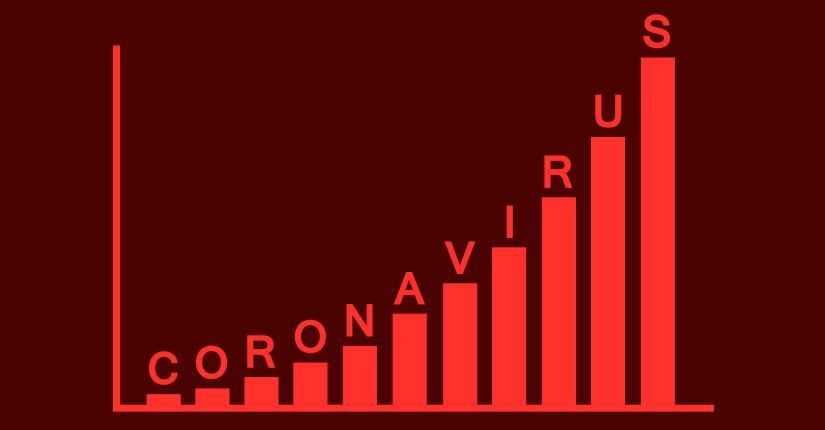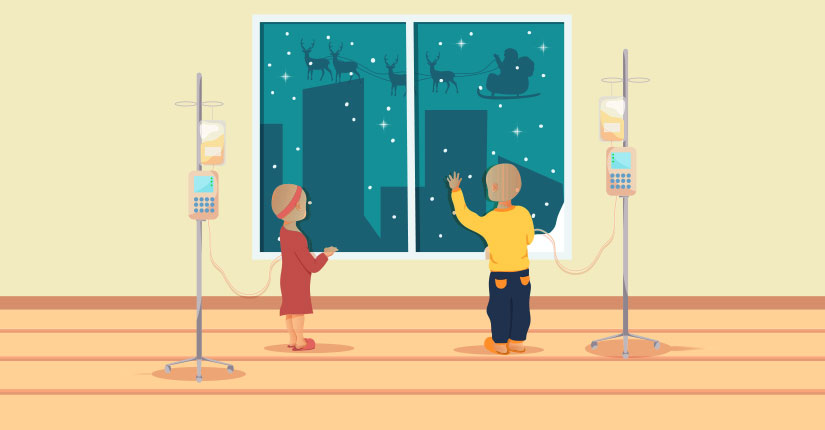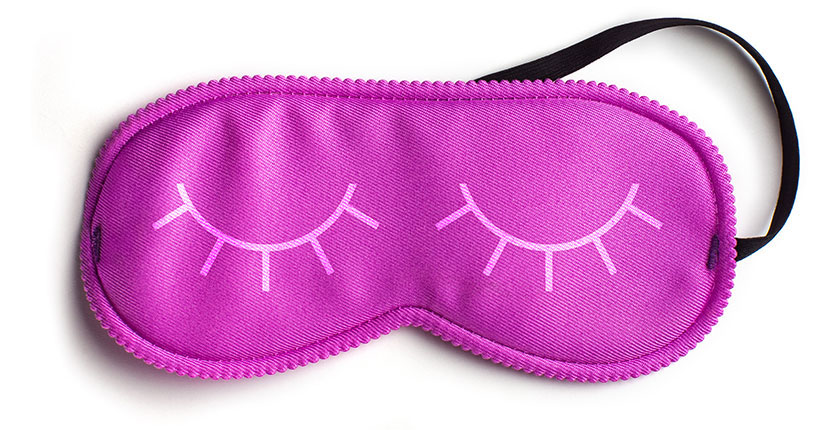The Chinese Coronavirus could Spread Worldwide, Says WHO
By Nmami Life Editorial 17-Jan 2020 Reading Time: 6 Mins

Very recently after a new form of pneumonia emerged in Wuhan, a megacity in central China, World Health Organization (WHO) warned world about its transmission.
The outbreak of the disease and its sudden emergence brought past record of the disease which revived memories of severe acute respiratory syndrome (SARS) in China in 2002 and 8098 people in 37 countries got sick before it was quashed in the summer of 2003. Similar to SARS, the Wuhan pneumonia cases were linked to a market selling myriad species of live animals, and they appear to be caused by a new member of the coronavirus family which is closely related to the SARS virus. And this time too, China appeared to be less than forthcoming with information.
A limited human-to-human transmission of a new coronavirus in China within families may have been observed and it is possible there could be a wider outbreak, WHO warned on Tuesday.
What are Coronaviruses?
A large family of viruses that can cause infections ranging from the common cold to severe acute respiratory syndrome (SARS) can be identified as a group of Coronaviruses. A Chinese female has been quarantined in Thailand with a mystery strain of coronavirus, Thai authorities said on Monday, the first time the virus has been detected outside China.
In city of Wuhan, amidst the central China, almost 41 cases of pneumonia have been reported and preliminary lab tests cited by state media showed could be from a new type of coronavirus.
However, the World Health Organisation mentioned that the new virus could spread and has warned hospitals around the world.
What are the symptoms?
Some common symptoms include a runny nose, headache, cough and fever. Breathlessness, chills and body aches are associated with more dangerous kinds of coronaviruses.
What infections can be caused?
This large family of viruses-Coronaviruses can cause infections ranging from the common cold to severe acute respiratory syndrome, SARS. Few specific virus types cause less serious disease, while others such as the one that causes Middle East respiratory syndrome (MERS) are observed to be far more severe.
As per the latest reports, the Japanese patient returned from Wuhan this month with a fever and was hospitalized. He was released yesterday after the symptoms subsided, the health ministry confirmed.
The Current Statistics
As per the latest reports by WHO, the Chinese city of Wuhan is the epicentre of the outbreak. But the virus has spread across China and to at least 16 countries globally, including Thailand, France, the US and Australia. More than 130 people have died in China and close to 6,000 have been infected.
Overview
The WHO is, however, preparing for the worst possibility that there could be a wider outbreak, Maria Van Kerkhove, acting head of WHO’s emerging diseases unit told a Geneva news briefing. While she also stated that it is still early to predict something as they don’t have a clear clinical picture.
There are some types of the virus causing less serious diseases, while others – like the one that causes Middle East respiratory syndrome (MERS) – are far more severe.
As a precautionary step, the UN agency has given guidance to hospitals worldwide about infection control in case the new virus spreads. Van Kerkhove told that there is no specific treatment for the new virus which has spread but anti-virals are being considered and could be “re-purposed”.
Precautions & Preventive Measures
- Frequently clean hands by using alcohol-based hand rub or soap and water;
- When coughing and sneezing cover mouth and nose with flexed elbow or tissue – throw tissue away immediately and wash hands;
- Avoid close contact with anyone who has fever and cough;
- If you have fever, cough and difficulty breathing seek medical care early and share previous travel history with your health care provider;
- When visiting live markets in areas currently experiencing cases of novel coronavirus, avoid direct unprotected contact with live animals and surfaces in contact with animals;
- The consumption of raw or undercooked animal products should be avoided. Raw meat, milk or animal organs should be handled with care, to avoid cross-contamination with uncooked foods, as per good food safety practices.


















